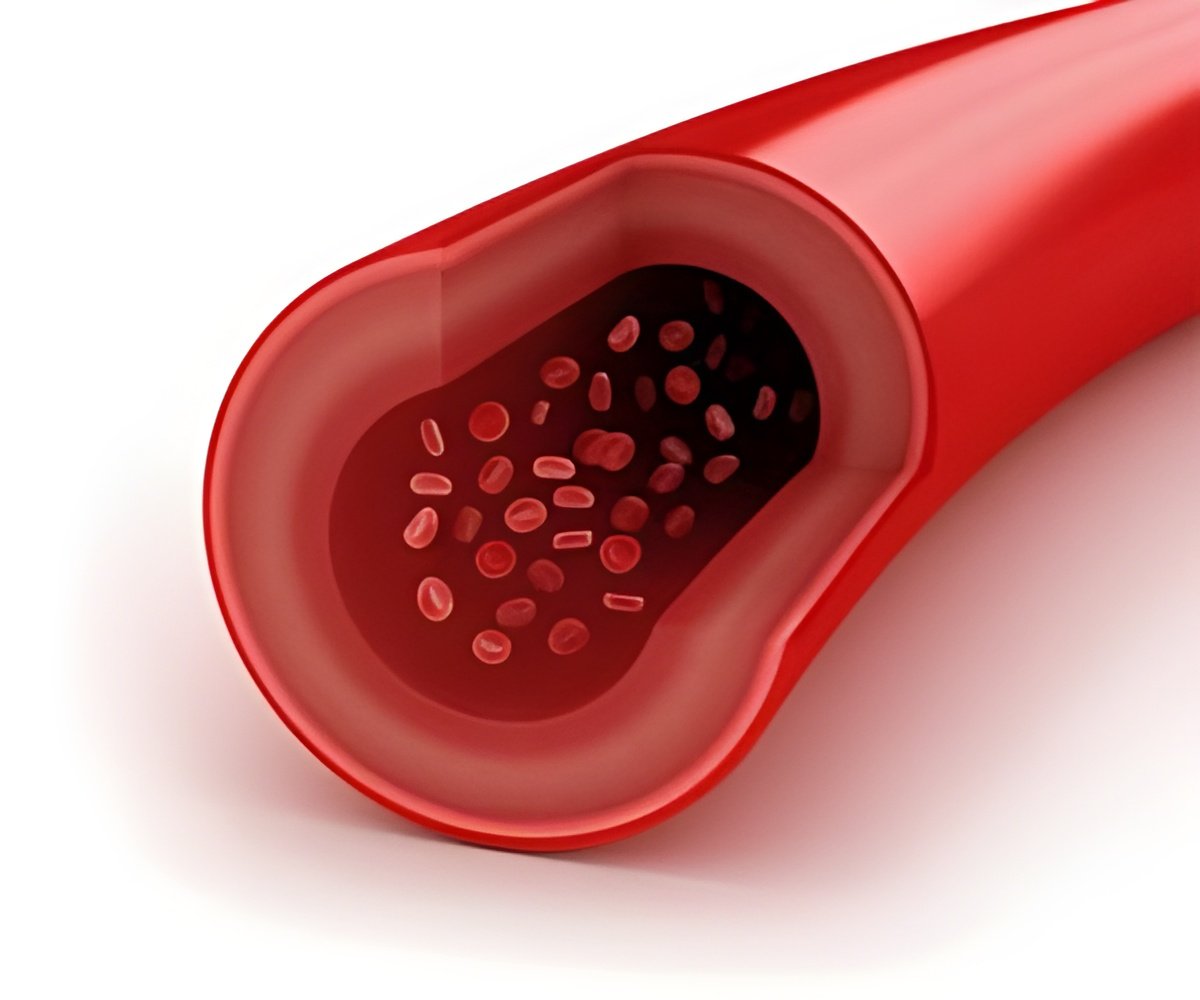Our approach is concept-based and can be applied not only to artificial blood vessels, but to any kind of implants, says researchers from ITMO University, Russia.

Adhered to the inner surface of a vascular graft, the film forces the parietal area of the graft to get filled with a stable concentration of a substance, called plasmin. The substance is capable of dissolving the appearing clots.
"In order to test how our improved vascular graft worked, we grew an artificial clot made of blood plasma mixed with thrombin and placed it inside the graft. The results of the experiment amazed us. Very soon the clot started to dissolve and leak through the graft.
In reality, our coating would destroy clots at the stage of formation, constantly ensuring an unobstructed blood flow in the graft," said Yulia Chapurina, laboratory researcher and first author of the paper, who set up several in vitro experiments to demonstrate just how effective the film is.
The vascular grafts depend on drug-eluting technique, that is, they actively release medicine into the blood.
The lifetime of such grafts is often determined by the amount of drug stored within the graft. The new system is based on the entrapment of the drug inside a porous protective shell, which makes the lifetime of such a graft practically unlimited.
Advertisement
Advertisement














